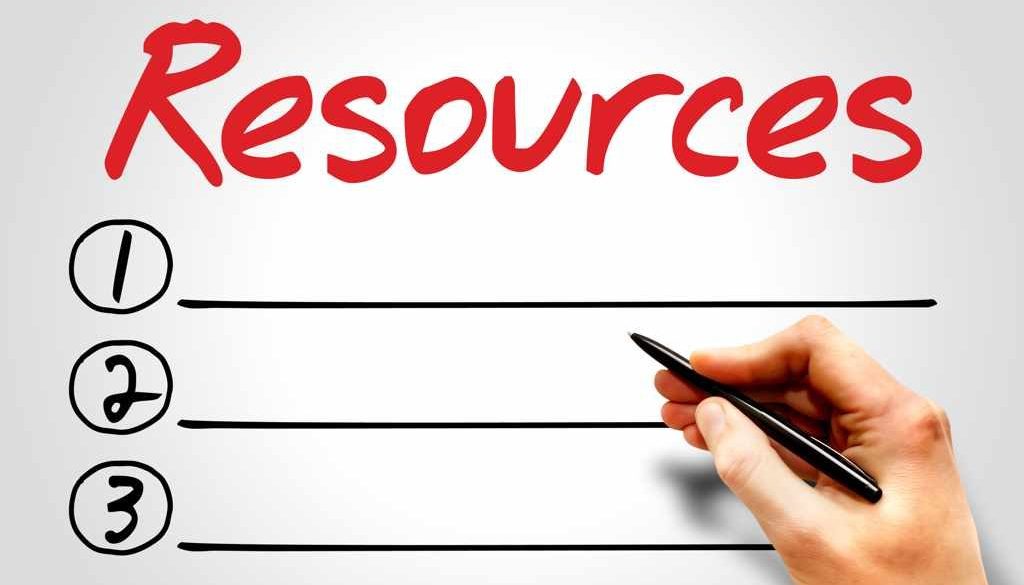Reducing the Pressure of Trauma – Resources List
The inspiration for this topic has come from the very well known and well respected Dr. Babbette Rothschild of Somatic Trauma Therapy.
Babette underlines the importance of building on the client’s strengths. She describes this in the following way:
When the focus is on trauma, it is easy to forget the accompanying mechanisms that have helped people to survive and carry on, even when they have PTSD.
Resources of both the past and the present are important allies; they mediate the negative effects of trauma. Resources are partners that make survival and life after trauma possible.
Regard defences as resources. Never get rid of coping strategies or defences; instead, create more choices.
Babette regards defence mechanisms as extremely crucial in creating resources list. She explains it in the following way:
By definition, defence mechanisms are coping strategies. They enable us to deal with adversity. They are like old, dependable friends who help us to get though the hard times.
When they cause us trouble is when they are our only options for dealing with distress.
The coping strategies a person develops sometimes fall into one of two categories.
- They help themselves or other people.
- They hurt themselves or other people.
It is important to choose coping strategies that help rather than hurt.
So based on this knowledge, here are the questions for you:
When you are feeling anxious, sad or upset, what makes you feel better?
What do you enjoy the most? What is an activity that takes your mind off almost anything?
What do you do to feel calmer? to feel safer?
So what does a resources list look like? It consists of the following categories:
- Activities that you can do by yourself
- Lighting a candle and watching the flame
- Go for a walk in the bush (or forest)
- Have a cry
- Dance
- Meditate
- Listen to music
- Spend time with your pets
- Activities that you can do with friends
- Verbally share your pain and hurt with them
- Ask for support in whatever way feels comfortable to you
- Do a fun activity together
- Activities that you can do with a romantic loved one
- You can ask your loved one to support you in ways that work for you
- Spend quality time together
- Seek a professional therapist
It could be any or all of these things. The idea is to create a list and keep things handy, just in case you need them. It’s perfectly OK to want a break; to want some assurance; to want the love and support.
Do remember to warn your friends and loved ones that you are about to do this so that they can be more sensitive to your needs.
As a last resort, you also have access to your local medical centres. Know where they are and keep their contact numbers handy.
If you take these steps, you will really prepare yourself for anything and everything that may happen during your healing journey. This will also give some assurance to your brain; and it will allow you to go a little bit further because your brain knows that you have your bases covered.



